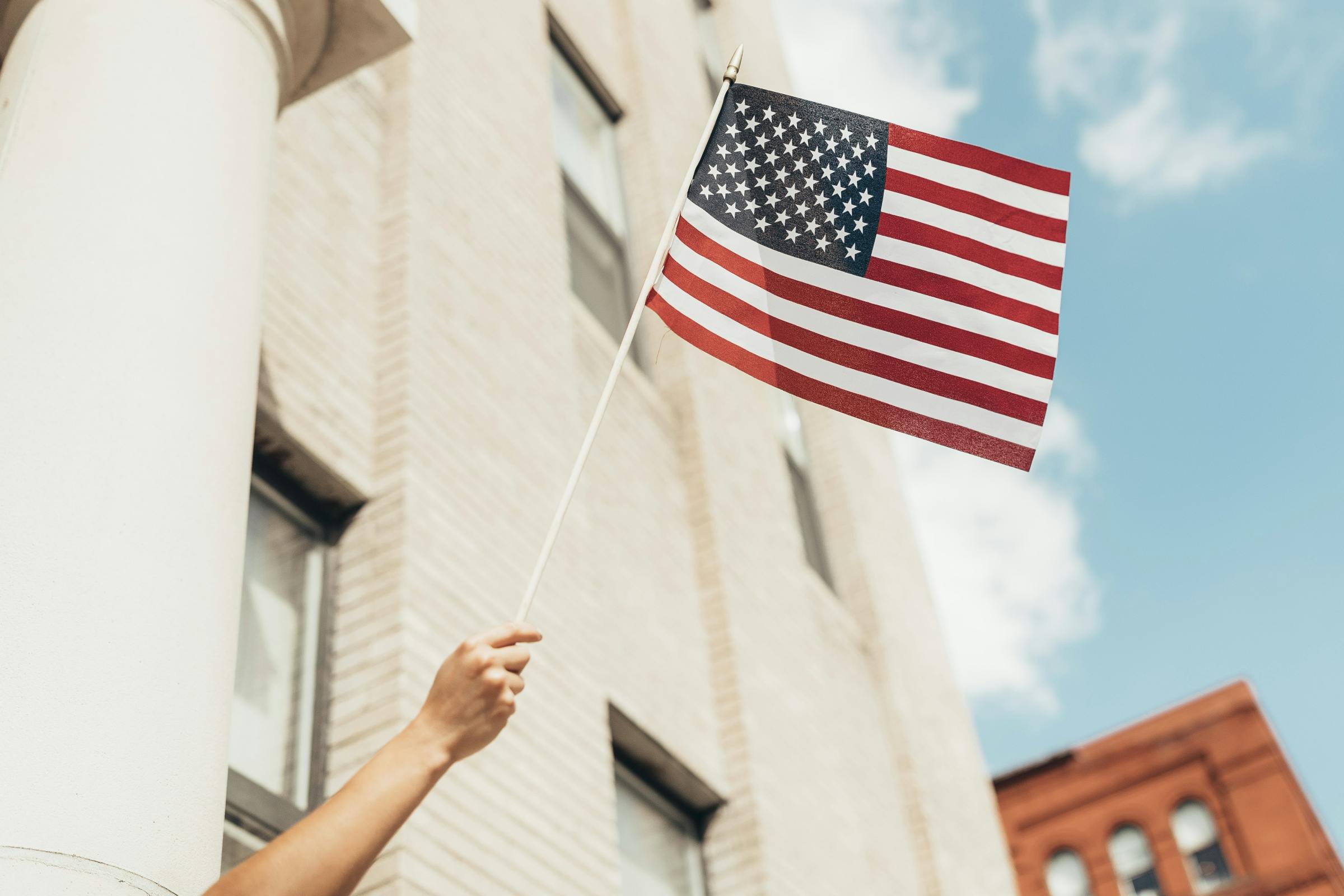First, A Little Background
Out of all the visa choices listed, the most commonly filed are the EB-2 and EB-3. The two are quite similar, and those who file an EB-2 and end up with a long wait often switch their petition to an EB-3 instead. This is done simply by filing a new I-140 with the United States Citizenship and Immigration Services (USCIS).
In contrast, one may not move from an EB-3 to an EB-2 that easily. Instead, the job sponsor must complete an entirely new PERM process, including applying for an original Labor Certification Application through the Department of Labor (DOL).
Still, some individuals prefer skipping the long wait, which is possible with an EB-1 and National Interest Waiver. Let’s dive into the options and weigh the pros and cons next.
EB-1 Visas
The EB-1 category is less frequently pursued as it’s a more niche visa. There are three types: the EB-1A, EB-1B, and the EB-1C.
Those who qualify for the EB-1A have extraordinary ability in particular fields, including science, art, education, business, or athletics. Their ability has brought them long-term national or international success, making it possible to file the visa forms for themselves rather than under a job offer. However, the category reserves its visas for those in the top one or two percent of their field. It’s not easy to prove you’re at this level without extensive documentation and a skilled legal representative assisting you.
On the other hand, EB-1B, designed for outstanding professors and researchers, is ideal for those academics who have international recognition for their outstanding achievements. This requirement, along with a minimum of three years experience teaching or researching in their field of expertise, can afford an applicant a visa to work in the US pursuing tenure or the tenure track for a private employer, institution of higher education, or university position.
Finally, those involved in multinational business at the managerial or executive level may qualify for an EB-1C. This visa requires the applicant to have previous employment outside of the US for at least one of the three previous years before applying for the petition, or if they already work for the US petitioning employer through a lawful nonimmigrant admission, they can transfer to the EB-1C. The job sponsor must have been in business for at least one year and have a qualifying relationship with the applicant and the entity they are employed with. The beneficiary must be hired in an executive or managerial position.
EB-2 National Interest Waivers
The next option is a National Interest Waiver (NIW), which falls into the EB-2 category. The typical EB-2 petition requires a PERM process, but when filed alongside an NIW, this step is eliminated. Qualifying applicants work in a field that benefits the nation and are in a position where they can pursue their endeavors independently. This category is extremely limited to those who have extensive documentation that justifies the request to skip the PERM process.
EB-3 Visas
While EB-2 filings are typically connected with advanced degree holders or those with extraordinary abilities, EB-3 visas are for professional or skilled workers. EB-2 visas are stricter, requiring all of the EB-3 factors plus more, which is why one can downgrade from an EB-2 to an EB-3 but only upgrade by filing new paperwork.
Professional workers filing for EB-3 visas must have a US bachelor’s degree or equivalent in a related field. Skilled workers filing for this category need two years or more of related experience.
What’s Next?
Which visa category fits your unique qualifications? Do you think your skills justify a National Interest Waiver? Whatever your background is, Visa2US wants to help you get into the United States and further your career. Contact us today to discuss your situation and determine if you’re eligible for an NIW, an H-1B visa, or something else!














